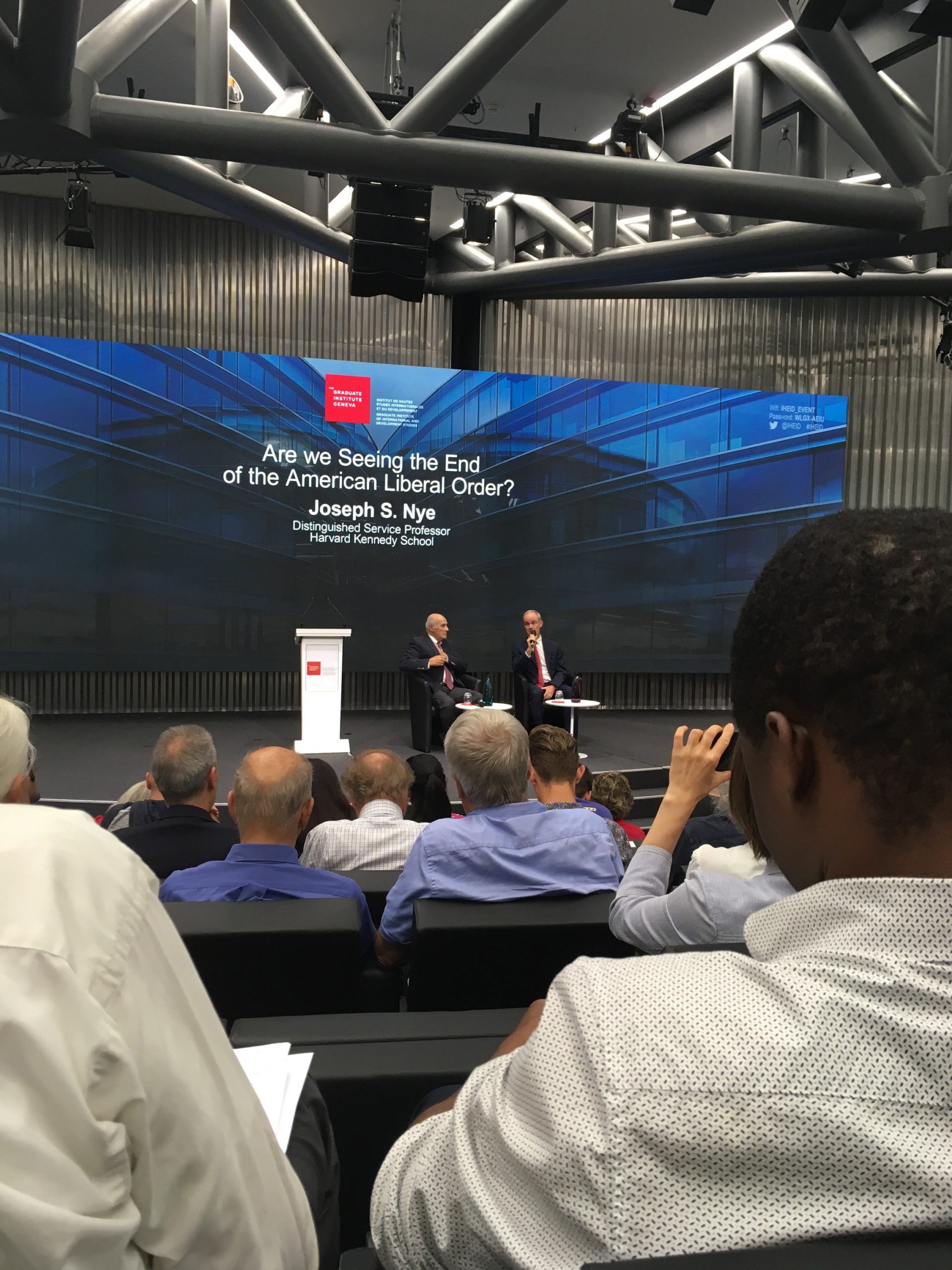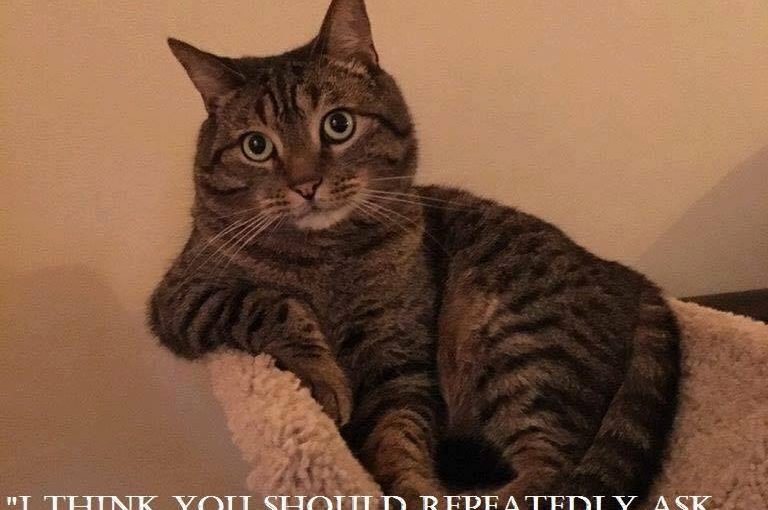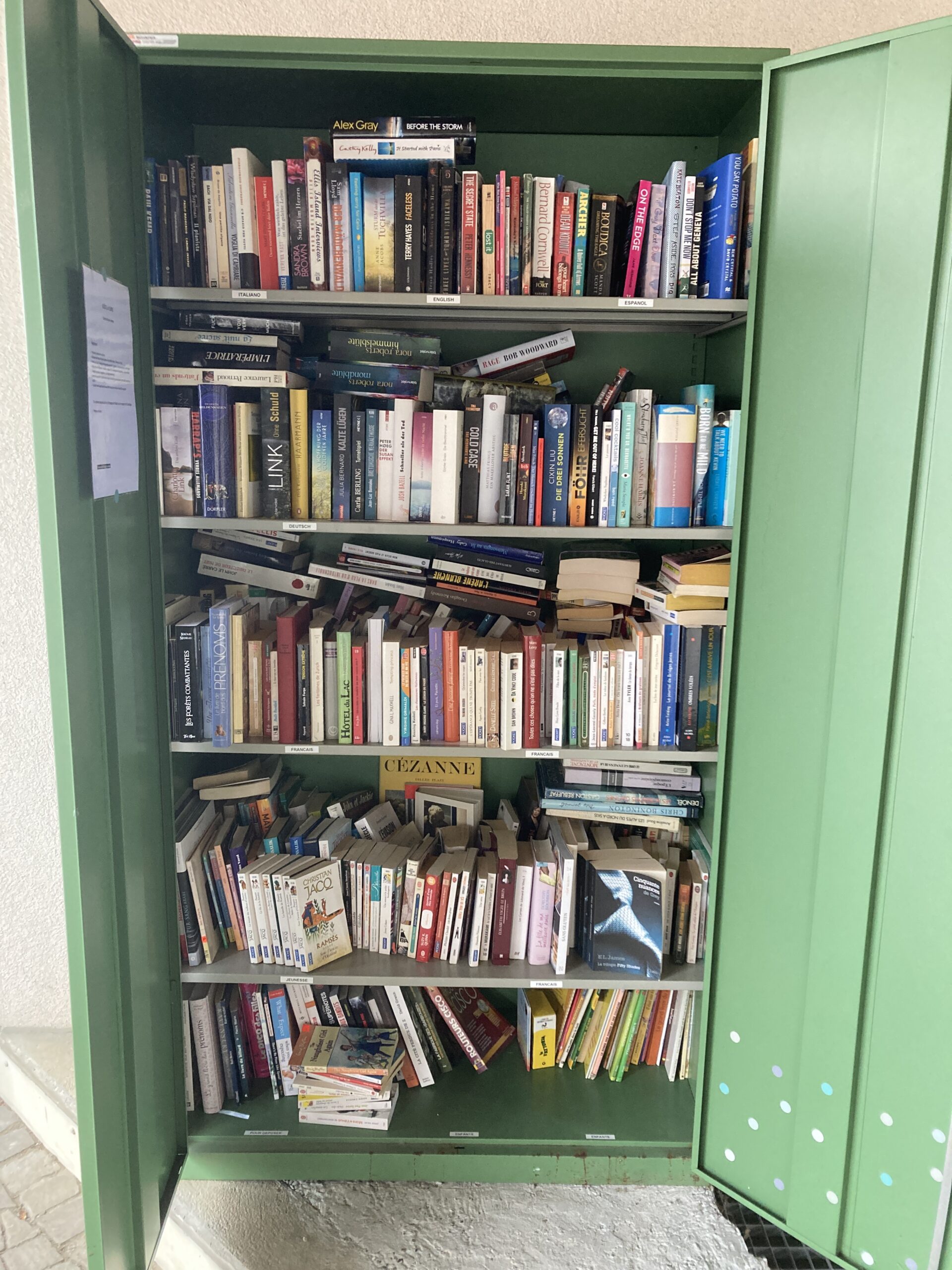Category: Post-university life
-

Working Towards a Goal
Reading Time: 2 minutesI am currently working towards a goal and I am struggling. I am struggling to stay focused when I follow online courses because I find that my mind strays. I am also struggling because the topic is so broad that there are hundreds of things you can learn but you need to…
-

Online Learning – Alternatives to YouTube
Reading Time: 4 minutesBetween adverts that play too often, videos that encourage people tho shift to the Right side of the political spectrum and sensationalism I decided to stop using YouTube. I have spent two months without YouTube. I use alternative video platforms. I use Udemy, Prime Video, Linkedin Learning, Vimeo and other platforms. I…
-

Joseph Nye at the Graduate Institute
Reading Time: 2 minutesJoseph Nye was at the Graduate institute to address the question Are we Seeing the End of the American Liberal Order? He did not want to give a yes or no answer but rather to introduce ideas with which to frame and understand the context of the question looking back in history but also looking…
-
Dirty Gold War screening at the Graduate Institute.
Reading Time: 1 minuteI went to watch Dirty Gold War at the Graduate Institute at lunch time today. The film is interesting because it makes you think about the environmental impact of gold mining. We’re familiar with the stories of gold mines in South Africa. We’re familiar with the stories of the gold rush. We…
-
The Tiny House movement and travel
Reading Time: 2 minutesThe Tiny House Movement and travel combine well together. In this video a Czech couple bought a fan and transformed it into a self contained home to live in for a year. They chose it because they wanted room for the surfboards, wet suits and more. It has space for cooking lamb…
-

An emotional BREXIT
Reading Time: 3 minutesThe More I think about BREXIT and the more I think that those of us, like me, who see themselves as British Europeans the more the BREXIT referendum is painful. BREXIT is painful for us because we are born in one country but we are nationals of at least two or three…

